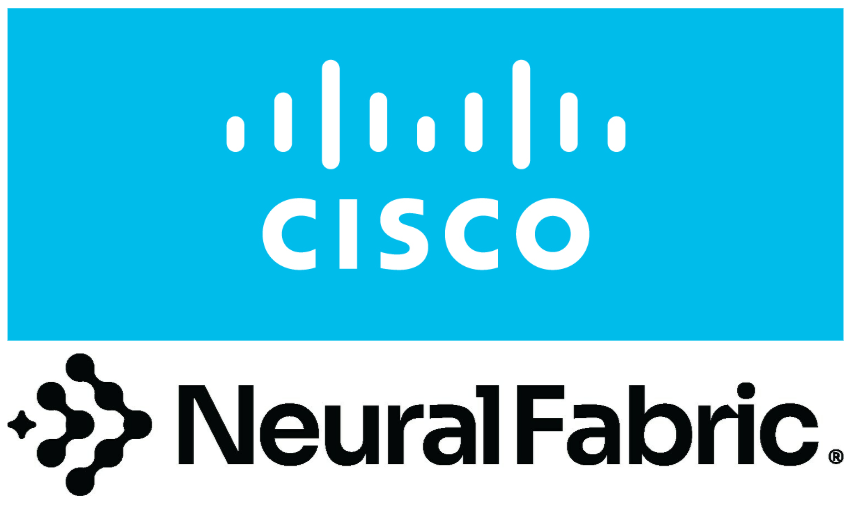Cisco’s Strategic Move: Acquiring NeuralFabric to Enhance AI Capabilities
In a significant development for the enterprise technology landscape, Cisco announced plans to acquire NeuralFabric, a promising Seattle-area startup founded by former Microsoft veterans. The acquisition, revealed on November 13, 2025, represents Cisco’s strategic push to strengthen its position in the increasingly competitive generative AI market. Though financial details remain undisclosed, industry analysts view this move as part of Cisco’s broader strategy to integrate advanced AI capabilities into its enterprise solutions portfolio.
NeuralFabric, founded just two years ago in 2023 and based in Redmond, has quickly established itself as an innovative player in the AI infrastructure space. The startup specializes in developing sophisticated back-end software that enables companies to build and run their own generative AI models. What makes NeuralFabric particularly valuable is its technology that allows organizations to develop domain-specific small language models using their proprietary data, with the flexibility to deploy these models across cloud or on-premises environments. This capability addresses one of the most significant challenges facing enterprises today: how to harness the power of generative AI while maintaining control over sensitive data and customizing models for specific business needs. The nine-person team, led by CEO Weijie Lin, a former Microsoft Azure engineering veteran, brings considerable expertise in distributed systems and model training that Cisco clearly values.
For Cisco, this acquisition represents a substantial enhancement to its AI Canvas initiative, a generative UI and collaboration environment announced earlier this year. DJ Sampath, Cisco’s Senior Vice President for AI software and platforms, highlighted NeuralFabric’s unique contribution, noting that the startup has “cracked a crucial part of this puzzle” in enterprise AI implementation. The acquisition aligns perfectly with Cisco’s existing investments in AI assistants, cybersecurity models, and data fabric strategy. By integrating NeuralFabric’s technology, Cisco aims to offer its enterprise customers more sophisticated, customizable AI capabilities that can be deployed according to their specific requirements and security concerns – a critical consideration as organizations navigate the complex landscape of AI implementation.
The founding team of NeuralFabric brings impressive credentials that likely factored heavily into Cisco’s acquisition decision. Beyond CEO Weijie Lin, the leadership includes John deVadoss, a longtime Microsoft executive; Jesus Rodriguez, serving as president and bringing AI entrepreneurship experience; Mark Baciak as CTO, with expertise in cloud and security; and Drew Gude as chief revenue officer, formerly a director at Microsoft. This collective expertise in enterprise software, cloud infrastructure, and AI development represents a significant talent acquisition for Cisco. The team’s background at Microsoft, particularly in Azure cloud services, suggests deep knowledge of the enterprise technology landscape and the challenges organizations face when implementing AI solutions at scale – precisely the kind of expertise Cisco needs to enhance its enterprise AI offerings.
Prior to the acquisition, NeuralFabric had secured at least $5 million in funding as of February 2024, with investors including Collab+Currency, CMT Digital, and New Form Capital. While modest compared to some AI startup valuations, this funding helped NeuralFabric develop its core technology and demonstrate its value proposition in the market. The relatively quick acquisition – coming less than two years after the company’s founding – suggests that Cisco recognized both the technical merit of NeuralFabric’s solution and the strategic importance of securing this capability before competitors could act. This pattern of established tech giants acquiring AI startups has accelerated in recent years, as companies like Cisco seek to bolster their AI capabilities through strategic acquisitions rather than solely through internal development.
Looking ahead, Cisco expects the acquisition to close in the second quarter of its 2026 fiscal year, which translates to the end of January 2026. Following the completion of the deal, NeuralFabric’s team will join Cisco’s AI Software and Platform organization, where they will presumably continue developing their technology while integrating it into Cisco’s broader AI strategy. The acquisition comes at a time when enterprise adoption of generative AI is accelerating, yet many organizations remain concerned about privacy, security, and control when implementing these technologies. By incorporating NeuralFabric’s capabilities for building customized, private AI models, Cisco positions itself to address these concerns while enabling its customers to leverage the transformative potential of generative AI. As the technology continues to evolve rapidly, this acquisition demonstrates Cisco’s commitment to remaining at the forefront of enterprise AI solutions.















